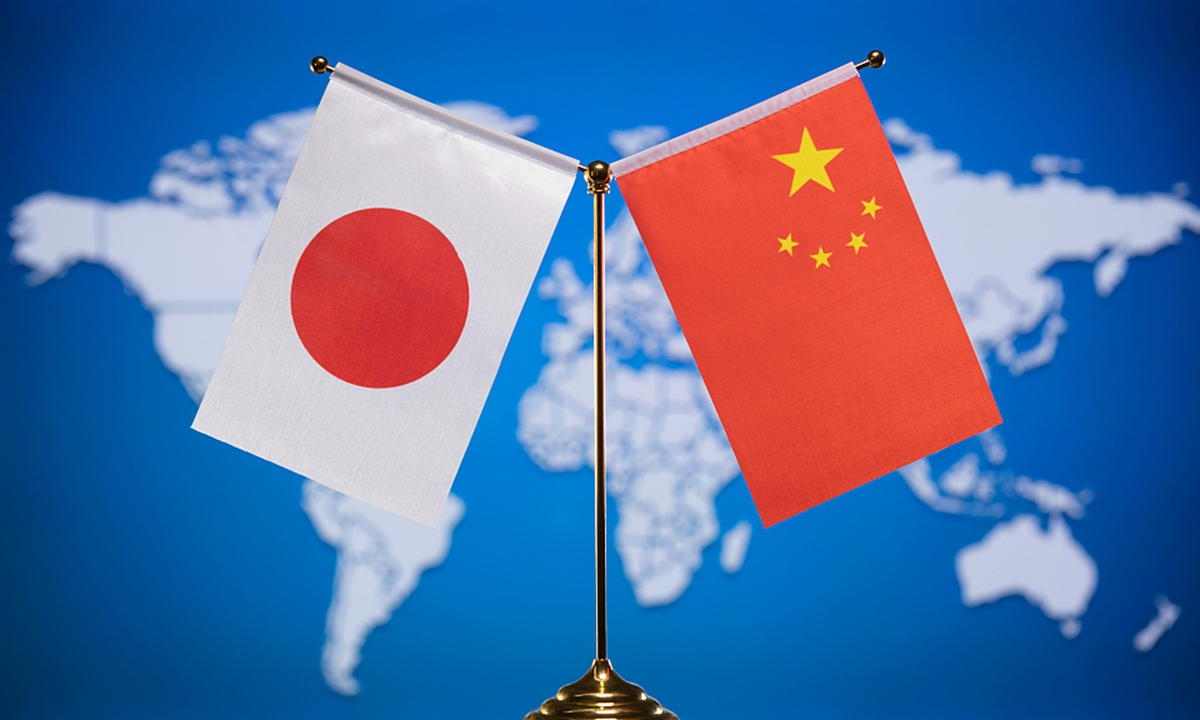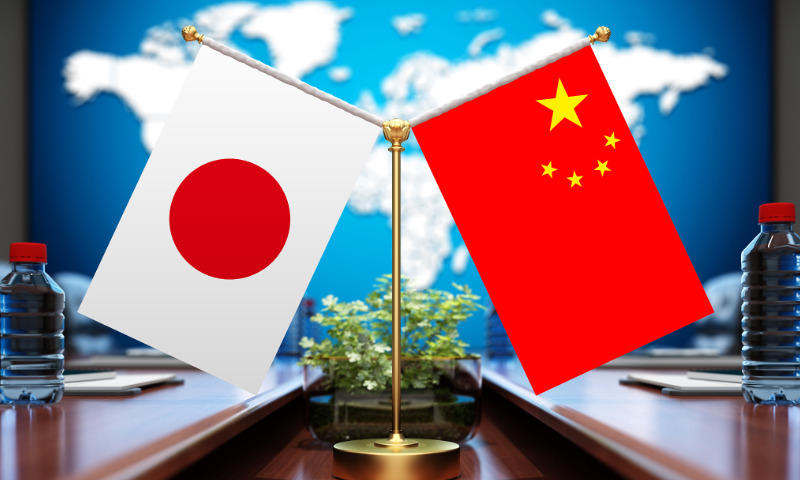
Photo: VCG
The Government Work Report submitted Tuesday to China's national legislature for deliberation during the ongoing annual two sessions has generated strong confidence among Japanese enterprises in China as it shows the Chinese government's determination to keep promoting opening-up and optimizing the business environment for foreign-funded enterprises.
Multiple Japanese enterprises stated in interviews with the Global Times that they are looking forward to further exploring the market as "China cannot do without the world, and the world cannot do without China."
"We are confident in China's goal of reaching a GDP growth rate of about 5 percent in 2024, as we saw a promising consumption during the Spring Festival holidays," Hideki Ozawa, president and CEO of Canon China, told the Global Times.
"Canon was one of the first foreign companies to enter China, and China is one of Canon's most important markets. Canon has witnessed China's fast economic growth over the years, and it believes that China's long-term economic trajectory remains unchanged although difficulties exist," said Ozawa.
The Government Work Report emphasized that China should boost the development of technology finance, pension finance, digital finance and green development-related financial services, Masahiko Suga, director and president of the Japan-based Mitsui Sumitomo Insurance (China), said.
The policies showed China's diversified development prospects and roadmap of its economic structural transformation, he said.
"The strong resilience and huge potential of China's economy, as well as the government's determination and measures to promote high-quality development, present us with a market full of vitality and opportunities," Suga said.
Tetsuya Matsuoka, secretary general of the Japanese Chamber of Commerce and Industry in China (CJCCI), said that the chamber has been focusing on investment policies related to green energy and the environmental protection industry, which has cooperation potential for Japanese enterprises.
He noted that the Chinese market has huge potential and Japanese enterprises have not reached a lot of Chinese cities, so there's wide scope for business expansion.
Such comments came after the Government Work Report was delivered by Chinese Premier Li Qiang to the annual session of the National People's Congress on Tuesday.
Li said that China will promote alignment with high-standard international economic and trade rules, steadily expand institutional opening-up and facilitate interplay between domestic and international markets.
A survey by the Japan External Trade Organization found that 90 percent of Japanese companies hope to expand their business in China or maintain their current status. Another survey conducted by the Japan Chamber of Commerce and Industry in China among its 1,700 member companies indicated that 88 percent of them still consider China an important market.
"China's business environment is in a leading position in the world, providing enterprises with a favorable environment for survival and development, and we are very optimistic about the unlimited potential of the Chinese market," Ozawa added.
When asked about the impact of so-called decoupling, Ozawa said that "China cannot do without the world, and the world cannot do without China."
China's supply chain is closely connected with global enterprises and products, said Tetsuro Homma, CEO for China and Northeast Asia of Panasonic Corp. "As a multinational company doing business around the world, we hope that countries will try not to engage in 'trade wars' and achieve free trade," Homma said.
Panasonic has more than 6,000 suppliers in China, providing a variety of products such as parts, modules and raw materials to Panasonic's companies in China and the group's overseas companies.
"China is the most important technology and supply chain base of our group," Homma said.
China's continuously improving business environment has attracted a large number of foreign companies. Coupled with the rapid development of Chinese local companies, the competitive environment for foreign companies in China has intensified.
China's market has incomparable advantages in fields such as innovation speed, market size and supply chains. "In my view, the Chinese market has become a 'training ground' for Japanese companies sharpening their competitiveness," Homma said.
As Chinese companies continue to grow in power, the days when products made by Japanese companies could be easily sold are over, Matsuoka from the CJCCI said.
"If they don't sharpen their competitiveness ... it will be difficult for them in the Chinese market," he said.



